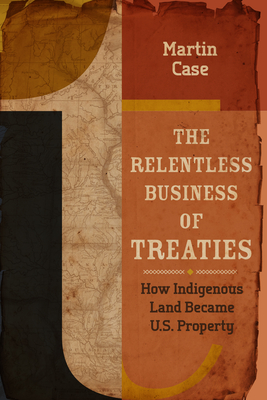Expedite your nonfiction book discovery process with Readara interviews, summaries and recommendations, Broaden your knowledge and gain insights from leading experts and scholars
In-depth, hour-long interviews with notable nonfiction authors, Gain new perspectives and ideas from the writer’s expertise and research, Valuable resource for readers and researchers
Optimize your book discovery process, Four-to eight-page summaries prepared by subject matter experts, Quickly review the book’s central messages and range of content
Books are handpicked covering a wide range of important categories and topics, Selected authors are subject experts, field professionals, or distinguished academics
Our editorial team includes books offering insights, unique views and researched-narratives in categories, Trade shows and book fairs, Book signings and in person author talks,Webinars and online events
Connect with editors and designers,Discover PR & marketing services providers, Source printers and related service providers

The Relentless Business of Treaties: How Indigenous Land Became U.S. Property
History > Indigenous Peoples of the Americas
- Minnesota Historical Society Press
- Paperback
- 9781681340906
- 9 X 6 X 0.69 inches
- 0.7 pounds
- History > Indigenous Peoples of the Americas
- (Single Author) Asian American
- English
Readara.com
Book Description
U.S. signers represented the relentless interests that drove treaty making: corporate and individual profit, political ambition, and assimilationist assumptions of cultural superiority. The lives of these men illustrate the assumptions inherent in the property system-and the dynamics by which it spread across the continent. In this book, for the first time, Case provides a comprehensive study of the treaty signers, exposing their business ties and multigenerational interrelationships through birth and marriage. Taking Minnesota as a case study, he describes the groups that shaped U.S. treaty making to further their own interests: interpreters, traders, land speculators, bureaucrats, officeholders, missionaries, and mining, timber, and transportation companies.
Odds are, the deed to the land under your home rests on this system.
Author Bio
Martin Case, freelance researcher and writer, was a key participant in the development of Why Treaties Matter, a collaboration of the Minnesota Indian Affairs Council, the Minnesota Humanities Center, and the Smithsonian Institute
Martin Case works with Allies: Media/Art, researching the networks of people and businesses that represented the U.S. in treaties with American Indian groups. His work challenges the “master narrative” that shapes many assumptions about U.S. history and identity. He has also worked as Director of Development and Planning for a state-wide arts organization, and as writing and planning consultant to 45 widely diverse organizations in the fields of art, culture, education, social service, religion, and politics. Most recently, he is the author of “The Relentless Business of Treaties: How Indigenous Land Became U.S. Property.”
Source: Minnesota Historical Society Press and The Minnesota Humanities Center blog
Videos










Community reviews
No Community reviews

